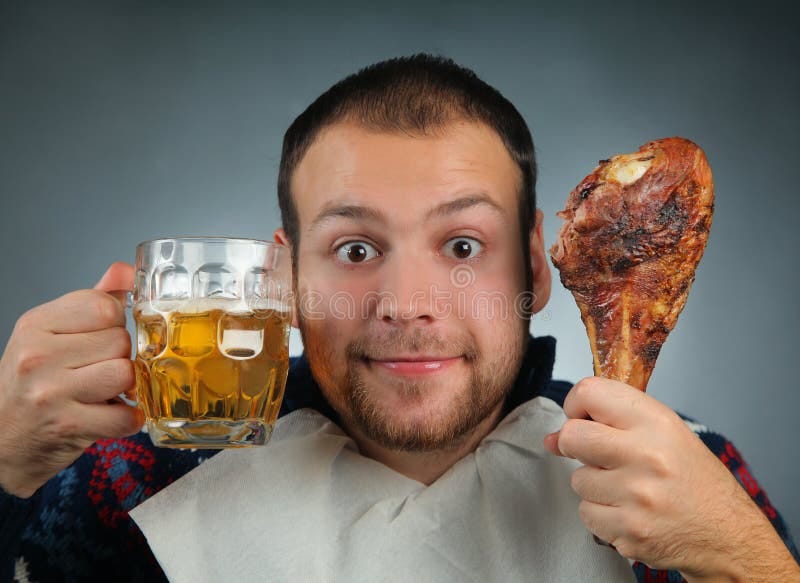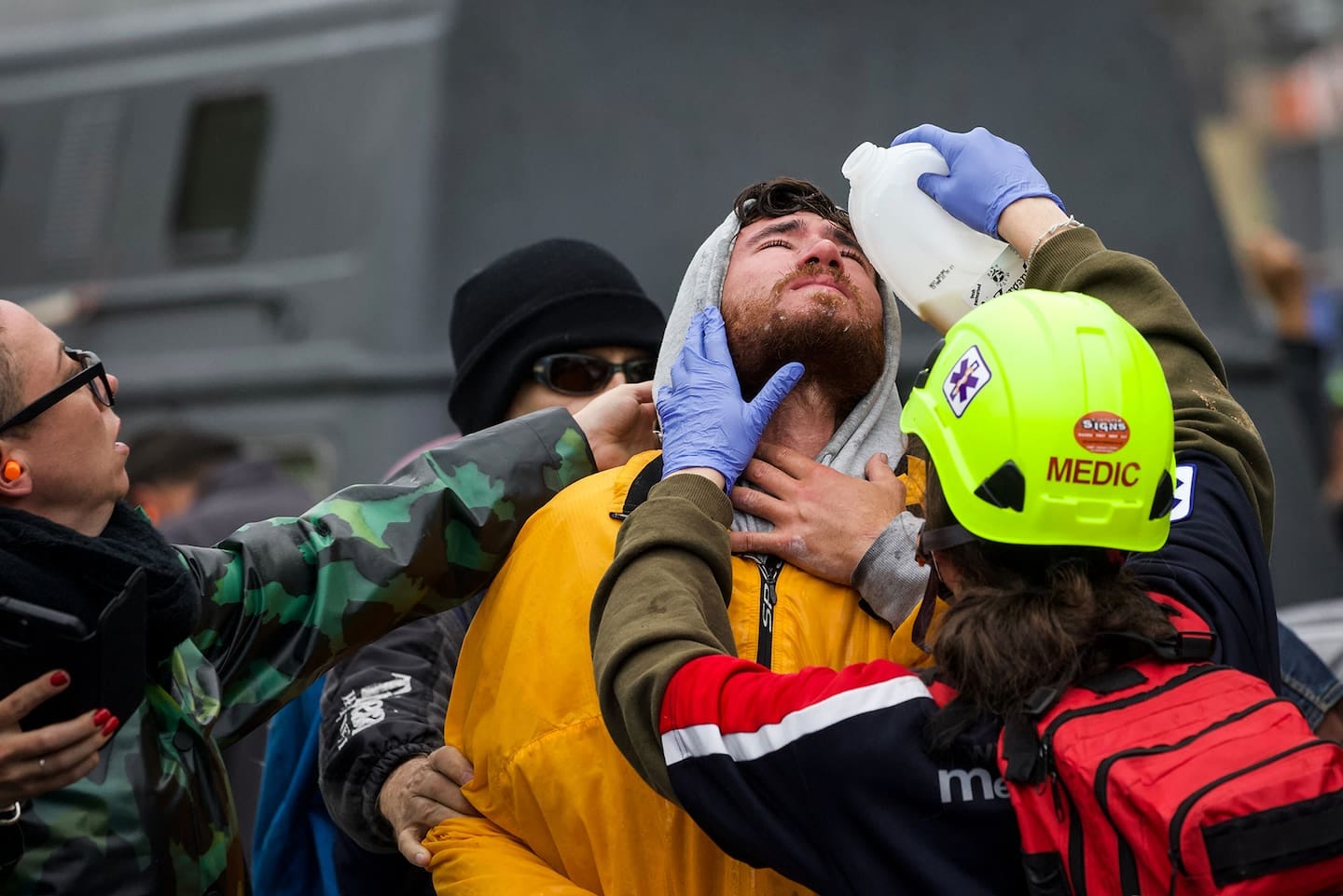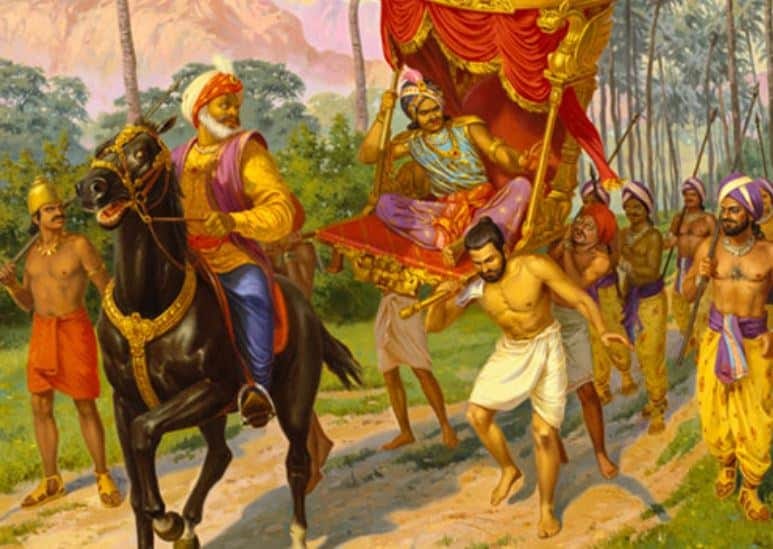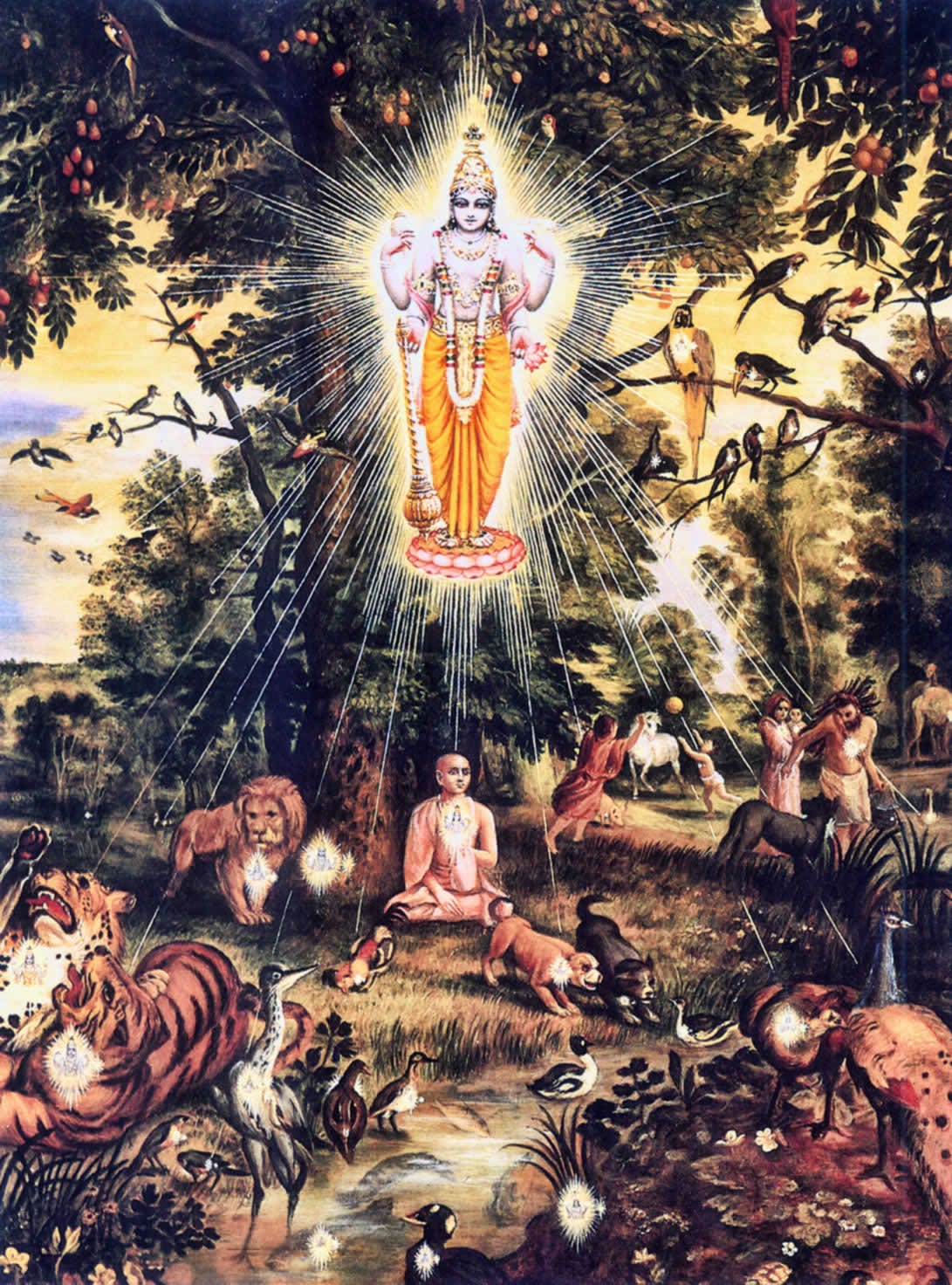Narcissism, Meat-Eating, and the Language That Numbs the Soul
Narcissism, Meat-Eating, and the Language That Numbs the Soul
A reflection on empathy, denial, and reclaiming responsibility
There’s something haunting about people who cause suffering and feel no remorse.
We call it narcissism—when someone avoids vulnerability so deeply that they disconnect from the harm they do. But it's more than ego. At its core, narcissism is a survival strategy: if I open up to how much I’ve hurt someone, I’ll have to feel shame—and I don’t want to. So instead, I justify it. I stay mean. I double down.
This pattern doesn’t just show up in human relationships. It’s written into the very systems we live in. And one of the clearest examples is meat-eating.
Eating Flesh Requires Emotional Disconnection
To eat meat and enjoy it, you must not feel. You have to numb yourself. You can’t allow yourself to dwell on the panic in the animal’s eyes, or the fact that it didn’t want to die. You must ignore its terror, its soul, its personhood. You have to swallow not just its flesh, but your own empathy.
This is exactly what a narcissist does: disconnect from both their own pain and the pain of others in order to continue doing harm without guilt.
And yet, we call it culture. Normal. Necessary. Natural. Just like narcissists justify abuse by saying, “They deserved it,” or “That’s just how I was raised,” meat-eating is maintained through elaborate justifications that mask violence as virtue.
The Language of Denial: Omptspraken
Marshall Rosenberg, founder of Nonviolent Communication, once described a chilling exchange with Nazi war criminal Adolf Eichmann. When asked how he could send thousands of people to their deaths, Eichmann answered:
“To tell you the truth, it was easy. Our language made it easy.”
He explained that he and his fellow officers had coined a word: omptspraken—a language that denies responsibility. In it, you say things like:
“I had to.”
“It was my duty.”
“Orders came from above.”
“One should. One must.”
It sounds eerily familiar.
This is the same language people use when justifying their participation in harm—whether in war, in family dynamics, or at the dinner table. It's a way of distancing yourself from your own conscience. Rosenberg warned:
“It’s a language that makes good Nazis out of us all.”
Whether it’s the Gestapo, the meat industry, or the parent who says “Because I said so,” omptspraken erodes our humanity. It strips away our sense of agency and replaces it with a deadened obedience.
The Wellington Protest: When the Mask Breaks
One modern example of omptspraken in action was the 2022 Wellington protest in New Zealand. Thousands gathered peacefully outside Parliament, pleading for the right to retain their jobs without being forced to take an experimental injection. These were parents, teachers, nurses—many had already watched loved ones suffer permanent vaccine injuries like heart disease.
Yet no one from Parliament came out to speak to them. Not one.
Instead, police were sent in. Brutality unfolded. People were pepper-sprayed, dragged, beaten. Women wept. Children screamed. The air was thick with disbelief.
And still, the officers did their “duty.” Most wore dead expressions, visibly numb to the natural feeling of compassion. They had to be—because empathy would make their job unbearable.
But then something remarkable happened. One female officer ripped off her badge, threw it to the ground, and declared she could not participate in what was happening. She had reached her limit. Her conscience cracked through the armor of obedience.
I still cry when I think of her.
That moment—that was when omptspraken failed. When the truth broke through.
Vedic Wisdom: Violence Darkens the Heart
The Śrīmad-Bhāgavatam (11.5.14) warns us that acts of violence cover the heart with darkness. The Bhagavad-gītā (5.18) teaches that true wisdom sees all beings equally—a cow, a brāhmaṇa, a dog. But to participate in meat-eating, you must suppress that vision. You must choose ignorance.
As long as you consume violence, you must dull your conscience. You must avoid eye contact with the soul of the animal. That means staying spiritually asleep.
And that’s how violence sustains itself—not just physically, but psychically. Through the ongoing denial of empathy.
Jaḍa Bharata and the Awakening of a King
There’s a powerful story in the Bhāgavatam about a realized soul named Jaḍa Bharata. So spiritually advanced was he that he wouldn’t even step on ants. One day, a prideful king named Rahūgaṇa came across him and mocked his silence and apparent simplicity.
But when Bharata finally spoke, his words struck with such profound clarity that Rahūgaṇa was transformed. His narcissism cracked. He fell to his knees and begged to be Bharata’s student.
What changed him? The presence of someone fully conscious, someone who embodied nonviolence so completely that it exposed the king’s own arrogance.
That is the power of spiritual integrity. It disrupts systems of domination. It wakes people up.
The Way Forward: Reclaiming Responsibility
Meat-eating, narcissism, police brutality, tyranny—they all share one root: the lie that “I had no choice.”
But Vedic wisdom, and the teachings of Krishna, say otherwise. We always have a choice. Even if we are pressured. Even if we were raised a certain way. Even if it costs us something.
We are not machines. We are souls.
We are not meant to obey blindly. We are meant to feel.
We are not here to dominate. We are here to serve, with love.
From Omptspraken to Ahimsa
If we are to become truly human again, we must renounce the language of denial. We must stop saying “I had to” and start asking “What is the right thing to do?”
In Vedic culture, this is called ahimsa—nonviolence, born of empathy, born of spiritual clarity.
When we begin to feel again—truly feel—the world begins to heal. The animal regains its voice. The oppressed are seen. The soul comes to the surface.
And the heart, once hardened, becomes soft again.
This publication is for new followers of Krishnas teachings. You may already be vegetarian and that’s great. Hopefully this article gives you some useful angles to take during Christmas dinners with the family!












